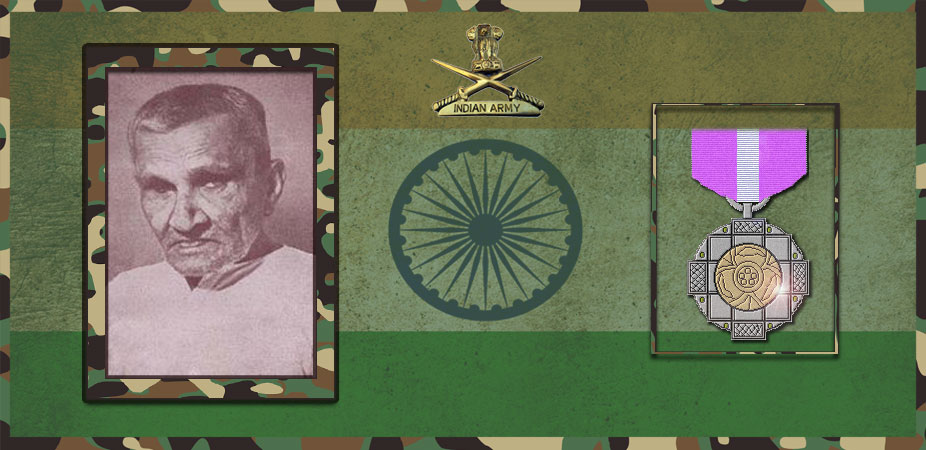Let's salute to our Indian Army together, We are proud to be Indian.
Let's salute to our Indian Army together, We are proud to be Indian.

Sukhlal Sanghvi (1880–1978), also known as Pandit Sukhlalji, was a Jain scholar and philosopher. He belonged to the Sthanakvasi sect of Jainism.Pandit Sukhlal lost his eyesight at the age of sixteen on account of smallpox. However, he overcame this handicap and became profoundly versed in Jain logic and rose to become a professor at Banaras Hindu University. Paul Dundas calls him one of the most incisive modern interpreters of Jain philosophy. Dundas notes that Sanghavi represents what now seems to be a virtually lost scholarly and intellectual world.He was a mentor for famous Jain scholar Padmanabh Jaini. During his lifetime he won such awards as the Sahitya Akademi Award and won recognition from the Government of India by getting Padma Bhushan award. Sukhlalji was also known as Pragnachaksu because he was so vastly learned despite being visually challenged.
Sukhlal was born in the village of Limli village of Surendranagar district, Gujarat on 8 December 1880 (fifth day of the bright day of the month of Margshirsh in Vikram Samvat 1937).He belonged to Visa Shrimali Vanik community (merchant community) of Gujarat. Talshi Sanghvi and his first wife Maniben were his parents. His mother died when he was four years old. He was raised in Limbdi by his distant relative, Muljibhai from Sayla. He lost his eyesight following small pox infection when he was sixteen. This made him more introspective and he devoted his life to learning.
He attended discourses of Jain monks, and studied scriptures with the help of a reader. In 1904, he joined Shri Yashovijaya Jain Sanskrit Pathshala at Benaras. Within three years he committed to memory the whole of Siddha-Hema-vyakarana. Besides grammar, he studied Tarkasamraha, Muktavali, and Vyaptichakra with various commentaries. He also became well-conversant with epics like Raghuvamsha, Maghakavya, and Naishadhacharitam, besides Alamkarashastra and Kosha. For further studies he went to Mithila in 1911, and then to Kashi where he devoted himself to a study of philosophy and literature. Later, he went to Agra where he edited important Jain works like Panchapratikramana, the first four Karma granthas of Devendrasuri. and Yogadarsana and Yogavimshika of Haribhadra Suri. After passing Nyayacarya examination he continued to teach at Jain pathshalas where his students included future scholar-monks like Muni Jinvijay, Muni Lalitvijay and Muni Punyavijay.
President of India, Dr. Radhakrishnan, himself a reputed philosopher and scholar paid glowing tributes to Sukhlalji by saying that his life was that of an ascetic performing Jnanayajna(Worship of Knowledge).